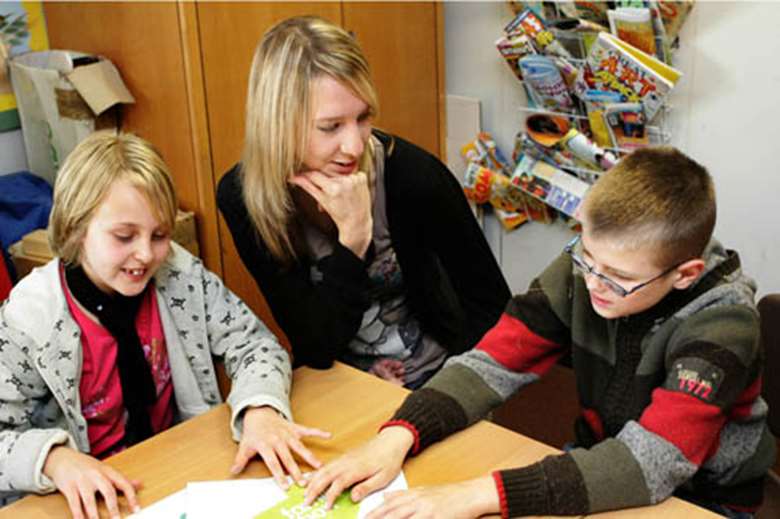Skills for the Job: Self-evaluation
Georgina Anstey
Monday, January 23, 2012
Being able to demonstrate that the service you provide actually delivers results can be vital to secure your project's long-term future.

What is self-evaluation?
Evaluation involves making value judgments about performance. It could relate to your finances or your staff morale, but most commonly it is about organisational delivery, your services and projects and the difference they are making to children, young people or families.
If you want to evaluate your outputs and impact you can either do it yourself, through self-evaluation, or hire an evaluation consultant to do it for you.
Self-evaluation is cheaper, can be done on an ongoing basis and helps you keep more of the learning. You do not have to be a professional researcher to do it well.
Where do I start?
In order to make a value judgment about your services or impact you need something to judge them against. This could be against last year's performance, but is usually against your plan.
If you do not have a plan, then you will need one. It needs to contain clear statements about your services and the resulting impact.
Impact statements should cover who you are looking to help, for example Bangladeshi boys aged between five and 11, and how you want them to be different, such as attending school more often, or improving their confidence.
Clear impact plans also help staff, trustees and volunteers understand what you are trying to achieve.
What evidence do I need to find?
To form judgments, you need evidence. But before gathering any evidence it is important to clarify who needs to know about your performance and what kind of evidence they prefer. For instance, your funder may like stories but your senior management team may prefer statistics.
Next, consider what evidence you already have - you might have some quotes from young people on how they felt different after you worked with them, or numbers on school attendance.
Once you know what you already have, you can work out what else you need.
There are a whole host of ways of getting evidence, including observation, focus groups, photographs, video diaries, interviews and surveys.
What do I do with the results?
Once you have collected the information you will need to make sense of it. At this stage you're not yet forming judgments, you're asking what the evidence is saying.
First, look at the evidence and come up with an initial idea about its meaning, for example if school attendance has gone up. Next, examine that idea - it could be that it wasn't the service that made the difference but another factor such as the school getting a new head teacher.
Then make your judgments. Select the most likely interpretation, which may be the one supported by two or three separate bits of evidence.
Now make use of these evaluations by making improvements, celebrating successes, and by telling funders and others what you are achieving.
What else should I be aware of?
A common concern is thinking that the evidence you collect must be "proof". "Reasonable evidence" is a common standard for making decisions and is more than sufficient for demonstrating impact.
Also, it is important to present information in the way that your audiences want to receive it. This might mean creating a presentation, a webpage, pictures or graphs. So only create a lengthy report if there is an audience for it.
Finally, it can feel like a chore if you conduct a once-yearly project to evaluate your services and impact. It is usually better to embed the practices of monitoring, evaluating and communicating performance into your everyday work.
Georgina Anstey, assistant impact consultant, National Council for Voluntary Organisations
Further information
- National Council for Voluntary Organisations - online information or direct support on impact and evaluation www.ncvo-vol.org.uk/strategy-impact/impact 020 7520 2512
- Charities Evaluation Services - training, consultancy and external evaluations to help charities strengthen the quality of their work www.ces-vol.org.uk
- New Philanthropy Capital - a consultancy and think tank dedicated to helping funders and charities achieve a greater impact www.philanthropycapital.org




